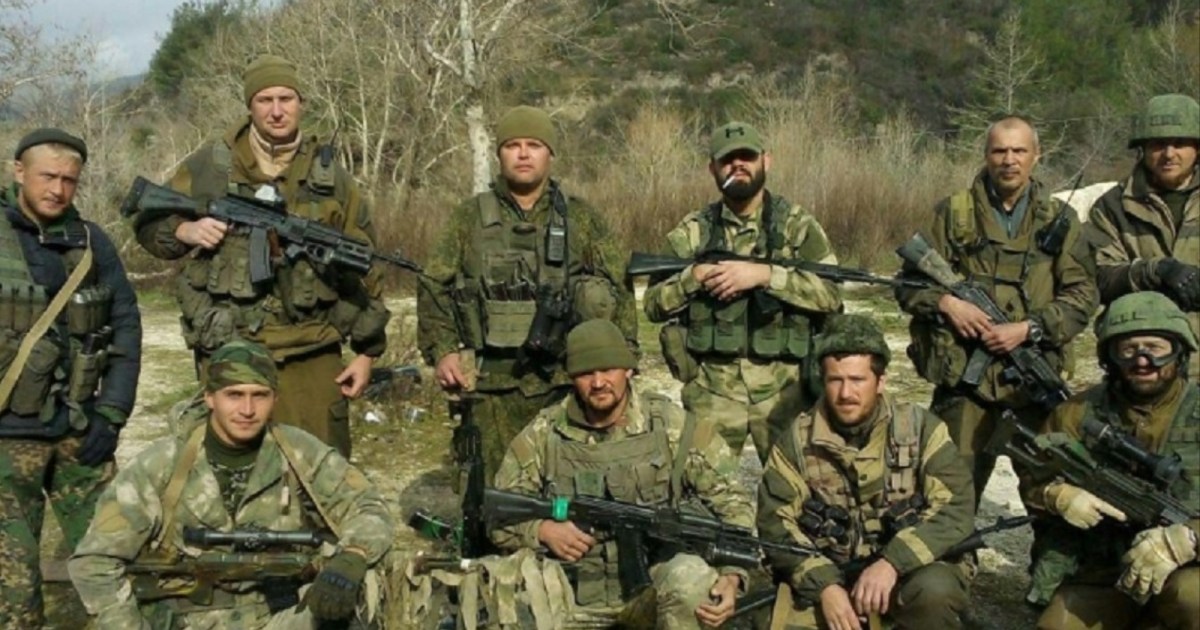"Foreign Policy" published an article saying that the UAE is helping to finance a group of Russian mercenaries in Libya.
The magazine pointed out that this information was contained in a report issued last week by the Inspector General of the US Department of Defense (Pentagon) for counterterrorism operations in Africa, and considered it a disclosure likely to complicate the United States' close relationship with the Gulf state.
According to the magazine, experts have long suspected that the UAE is using private Russian military contractors to help obscure its role in the conflict.
But the report is the first official public evaluation of this arrangement.
The magazine said military officials have been increasingly outspoken in their assessments of the Wagner Group's destabilizing role in Libya, amid concerns that the Kremlin may use the conflict to cement a military foothold on Europe's southern shores.
The report stated that last July, the Africa Command in the Pentagon accused the group of planting indiscriminate landmines around the capital, Tripoli, and endangering the lives of civilians.
The magazine commented that the revelation that these Russian mercenaries may have been financed by one of America's closest military allies in the Middle East further complicates Washington’s calculations, and it comes at a time when Democrats in Congress are launching a campaign to oppose President Donald Trump's administration's proposed sale of F-35 combat aircraft (F-35) worth $ 23 billion to Abu Dhabi.
She referred to what Frederick Wehrey, Senior Fellow in the Middle East Program at the Carnegie Endowment for International Peace, said: "It appears now that there is a permanent Russian presence on the North Atlantic Treaty Organization (NATO), to which an ally of the United States has contributed."
The revelation that these Russian mercenaries may have been financed by one of America's closest military allies in the Middle East further complicates Washington’s calculations, and comes as Democrats in Congress launch a campaign to oppose the Trump administration’s proposed $ 23 billion sale of F-35 fighter jets. To Abu Dhabi
She suggested that while the UAE was the largest military supporter of retired Major General Khalifa Haftar in Libya as part of its broader efforts to crush political Islam in the region, the Gulf state's role in the conflict has received far less scrutiny than Russia's interference.
Experts attribute this to the UAE's massive lobbying efforts in Washington, and the state's role in other major US foreign policy goals, such as the "maximum pressure" campaign on Iran and the UAE peace agreement with Israel, which he hailed as a rare success in the Trump administration's foreign policy.
The magazine warned that the UAE is Russia's closest ally in the Gulf, and while experts have long suspected that the two countries are cooperating closely in Libya, the UAE's dependence on Russian mercenaries on the ground has also enabled it to obscure their involvement.
She added that the cautious wording in the inspector general's report that "the Defense Intelligence Agency has estimated that the UAE may provide some funding for the group's operations" is likely a reflection of the political sensitivities involved.
Foreign Policy concluded that while the US elections were still in chaos when the Pentagon first discovered Russian fighters in Libya, the Trump administration's departure makes it easier for the Pentagon to speak out now.
"We learned that there is field coordination on the battlefield between the UAE and Wagner," she concluded with Carnegie’s Wray. But the funding is another condemnation of the UAE’s complicity.

